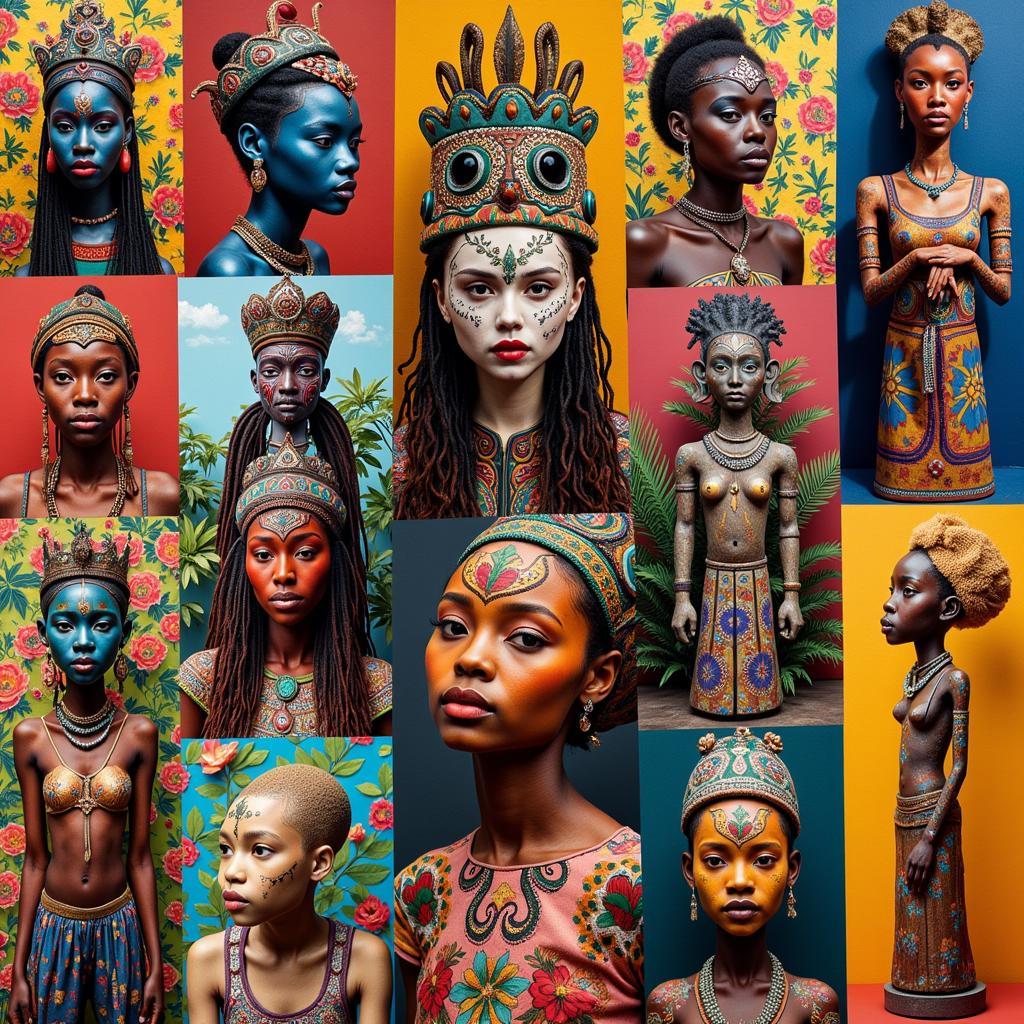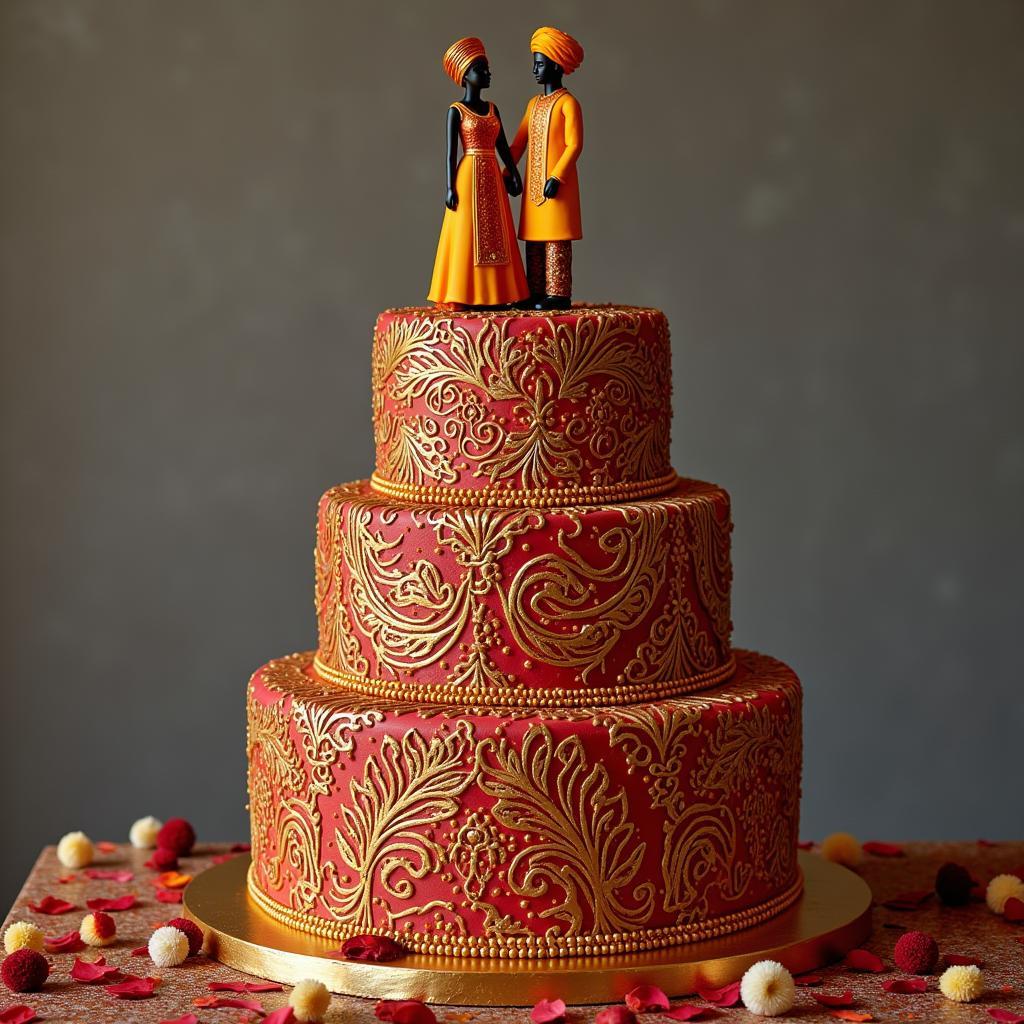Unveiling African American History in Philadelphia
Philadelphia’s vibrant tapestry of African American history is woven deep into the fabric of the city. From the earliest days of the nation’s founding to the present, African Americans have shaped Philadelphia’s cultural, political, and social landscape. Understanding this rich history is key to appreciating the city’s complexity and its ongoing struggle for equality and justice.
Philadelphia played a crucial role in the abolitionist movement. Figures like James Forten and William Still, both active in the city, dedicated their lives to ending slavery. Forten, a wealthy sailmaker, used his resources to support abolitionist newspapers and organizations, while Still, known as the “Father of the Underground Railroad,” helped hundreds of enslaved people escape to freedom through Philadelphia. Their stories, and the stories of countless others, illuminate the city’s commitment to the fight for liberation. Learn more about prominent figures in African American history at the african american history museum philadelphia.
Exploring Key Landmarks in African American History Philadelphia
Several landmarks across Philadelphia stand as testament to the enduring presence and contributions of African Americans. Mother Bethel AME Church, founded by Richard Allen in 1794, served as a vital center for the Black community, providing not only spiritual guidance but also a platform for social activism and education.
What is the significance of the Underground Railroad in Philadelphia?
Philadelphia was a pivotal stop on the Underground Railroad, offering a haven for those fleeing slavery. The city’s strategic location, coupled with the active support of its Black community, made it a crucial link in the chain to freedom.
The African American Experience in Early Philadelphia
Even before the American Revolution, African Americans were integral to Philadelphia’s development. Free Black communities thrived, establishing businesses, churches, and schools. Their contributions often went unacknowledged in official records, making it a challenge to fully reconstruct their lives. However, ongoing research and archaeological discoveries are continually shedding light on their experiences and resilience. Interested in finding events related to African American history? Check out african american museum in philadelphia events.
The Fight for Civil Rights in Philadelphia
The fight for civil rights in Philadelphia, like many other American cities, was marked by both progress and setbacks. The city witnessed protests, boycotts, and legal battles aimed at dismantling segregation and achieving equal rights. Activists like Cecil B. Moore played a crucial role in challenging discriminatory practices in housing, education, and employment.
“Philadelphia’s history is a constant reminder that the struggle for equality is an ongoing process,” says Dr. Anika Johnson, a historian specializing in African American history in Philadelphia. “Each generation faces its own challenges, but the legacy of those who fought before provides inspiration and strength.”
How did Philadelphia’s African American community contribute to the arts?
Philadelphia has a rich tradition of African American artistic expression. From literature and music to visual and performing arts, Black artists have made significant contributions to the city’s cultural landscape. Discover more about the vibrant music scene with african disco dance.
“Understanding the nuances of African American life during the revolutionary period provides crucial context for appreciating the complexities of the nation’s founding,” states Professor Marcus Williams, an expert on early American history.
Conclusion: Preserving and Celebrating African American History Philadelphia
Exploring African American history in Philadelphia is a journey through resilience, struggle, and triumph. By learning about the past, we can better understand the present and work towards a future where equality and justice prevail. To discover more about African American history, you can visit african american museum jobs or delve deeper into the lives of african americans in 1776.
Need support? Contact us 24/7: Phone: +255768904061, Email: kaka.mag@gmail.com, or visit us at Mbarali DC Mawindi, Kangaga, Tanzania.

